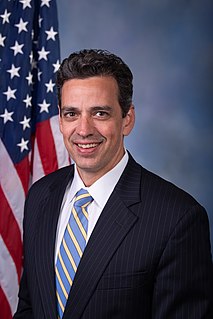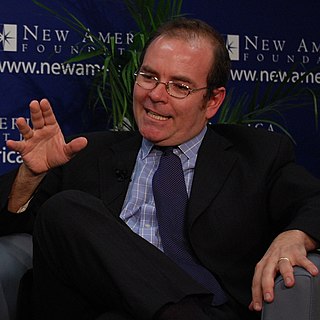A Quote by Michel Foucault
Institutions of knowledge, of foresight and care, such as medicine, help to support the political power. It's also obvious, even to the point of scandal, in certain cases related to psychiatry.
Related Quotes
If socialists mean that under extraordinary circumstances, for urgent cases, the State should set aside some resources to assist certain unfortunate people, to help them adjust to changing conditions, we will, of course, agree. This is done now; we desire that it be done better. There is however, a point on this road that must not be passed; it is the point where governmental foresight would step in to replace individual foresight and thus destroy it.
We're in a very, very profound crisis. It's so obvious that no one in the power structure, either the corporate power structure or the political power structure, knows what to do or is willing to do what's necessary in relationship both to global war and global warming. It's so obvious that conditions are getting worse for the great majority of Americans. It's so obvious also that we face a very serious danger from people who feel, see themselves only as victims. And we have to somehow, in a very loving way, help the American people to recover the best that is in our traditions.
When I am in Egypt, I am phoned because I am listed in the medical directory under "Mental Health and Psychiatry." And of course, I see very few people, because I give much more time to writing. So I cannot say that I really stopped medicine, but I practice medicine - or psychiatry - in a very different way. In an artistic way!
The President appoints the U.S. Attorneys. They're political in a certain respect. But the Department of Justice - the power that they hold is so great, it's life and limb, you know - put you in jail, make you run up hundreds of thousands of dollars of legal costs. Even though we understand that political appointees take these jobs. We don't assume that the party in power is going to use that kind of power to advance its political interests.
The tragic reality is that very few sustainable systems are designed or applied by those who hold power, and the reason for this is obvious and simple: to let people arrange their own food, energy and shelter is to lose economic and political control over them. We should cease to look to power structures, hierarchical systems, or governments to help us, and devise ways to help ourselves.






































